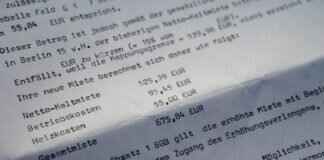Alright, so like, there’s this whole manhunt going down in New Orleans for 10 inmates who busted out of jail last week. And guess what? They actually used facial recognition cameras from this private group called Project N.O.L.A. to catch one of the escapees. Crazy stuff, right? But hold up, critics are all up in arms about the police department using this technology. They’re saying it’s a breach of privacy and all that jazz.
So, the New Orleans Police Department Superintendent, Anne Kirkpatrick, told ABC News that they’ve been using these facial recognition cameras from Project N.O.L.A. in the manhunt. But get this, she actually had to stop the automatic alerts from the group because she wasn’t sure if it was all legal and stuff. Like, why even use it if you’re not sure it’s okay, right? The American Civil Liberties Union is also throwing shade at the whole situation, saying it’s a major violation of people’s rights. And, like, they’re not wrong, you know?
But wait, there’s more! Some politicians, both Democrats and Republicans, are also not cool with this facial recognition business. They’re worried about privacy and all that jazz. And honestly, can you blame them? I mean, who really wants to be scanned without their knowledge, right? It’s a whole mess, but hey, at least they caught one of the fugitives using this controversial technology. Not really sure why this matters, but hey, it’s news, right?














